Ones On The Cusp Of A Revolution
The first MBAs of the reform era recount their rite of passage
The whiff of change was already there. Rajiv Gandhi was booting up computers, the Berlin Wall was being pulled down, the Mandal report was ushering in social re-engineering. But chants of the ‘Hindu rate of growth’ bred pragmatism. There was hope, yes, but it wasn’t for sure.
And then, seemingly as they were hurling their hats in the air on graduation day, the Harvesters found the nation hurtling down a path not known. For proof, look at the eight men and women MBAs we have profiled. All of them graduated from B-school between 1991 and 1993—in more ways than one could imagine, they walked into new jobs and opportunities in an India that was retooling itself. Did B-school prepare them for the changed reality? Well, frankly, no. But now, approaching 40, they are at the top of what they do. If life is all about the freedom to choose, The Harvesters got lucky.
Head (branch banking), Standard Chartered Bank
Jamnalal Bajaj Institute for Management Studies, 1992
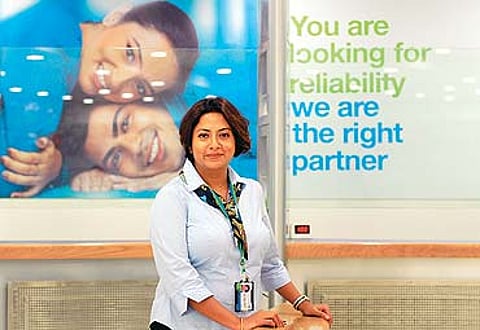
"I was expected to have a career and be successful at what I did."
Being in Mumbai, Bajaj’s visiting faculty from industry hinted at the changes likely to unfold in the economy. "We were flung into the system," says Nambiar. "The impact and use of IT, a more realistic approach to management hadn’t come in. The emphasis was on general management skills whereas today it is about specialisation." Rajashree joined anz Grindlays (later acquired by Stanchart), a Day One recruiter. And unlike her father who bought a Fiat much later in life, she could afford a Maruti 800 within a year.
By Arti Sharma
Chairman, Career Launcher
IIM-Bangalore, 1993

"We’ll cross the next threshold when reforms make a difference at the grassroots."
Despite coming from a non-business family, Narayanan decided to turn entrepreneur in 1995 after a brief stint with pharmaceuticals major Ranbaxy. The business idea emerged after coaching a group of 78 B-school aspirants, with over 50 per cent making the grade. Twelve years later, his education enterprise has expanded to 400 people in 150 locations, some outside India. Now, he has forayed into mainstream school education to lay a better foundation for children, many of whom lose out due to lack of proper infrastructure.
By Lola Nayar
Director, Give India
IIM-Ahmedabad, 1993

"I was apprehensive whether reforms would be beneficial to everybody."
After stints in the media, Venkat set up a school in Ahmedabad with some IIM alumni and went on to form Educational Initiatives, an organisation working with schools. He then set up an ngo "exchange" to help channel donations to them. "People are willing to give but like our taxes we rarely know where the money is being deployed." Last year, Give India distributed Rs 18.5 crore among 120 non-profit organisations.
Arti Sharma
Executive Director, SE Asia, BBC
IIM-Ahmedabad, 1993
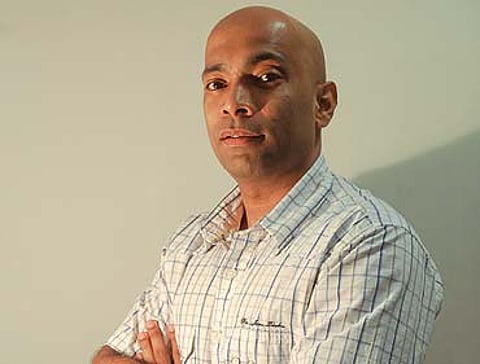
"I was asked what are you doing in TV, go to a bank and get your Mercedes."
At that time, media was hardly the place to make a career: television was monopolistic and without a revenue model. But Nachiket says he chose media as it was opening up. "It seemed like soon things would change for the better as the sector was still at the beginning of the curve." How true: by the late ’90s, it had become "cool" to be in the media. And Nachiket hasn’t done too badly for himself, becoming a young industry stalwart. After nine years in Sony Entertainment and a three-year stint with Disney, he joined the BBC, for whom he lords it over Southeast Asia.
By Arindam Mukherjee
CEO & MD, EyeQ Hospitals
IIM-Ahmedabad, 1991
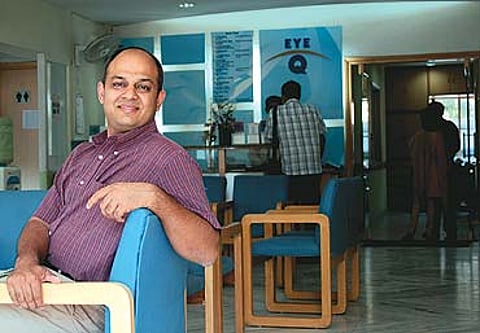
"We felt the change when the growth target jumped from 10% to 40%."
A decade later, Rajat put that learning into fuelling his desire to be an entrepreneur. In 2007, along with an ophthalmologist friend and five fellow IIM grads, he started a project to create speciality eye hospitals at district levels. Today, he has five hospitals in Gurgaon, Rewari, Haldwani and Ganganagar with plans to take the number to 10 this year and 20 by 2009 using a unique shared infrastructure model to keep costs down.
By Arindam Mukherjee
Technical Director & Chief Ed, Red Chillies Entertainment
XIM-Bhubaneshwar, 1991
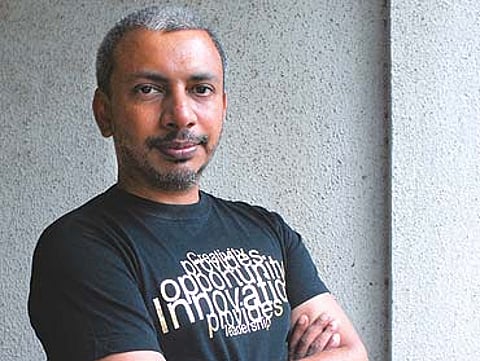
"You still have to beg a lot with government officials to get things done."
That’s when he joined up with the Alva Brothers’ then-fledgling TV production company, Miditech, and discovered his true calling. In 1996, he decided to hone his skills further at the FTII in Pune. The film industry, like others, was opening up, with new production companies coming into play. In 1998, Amitabh was cherry-picked by Shahrukh. Ever since there has been no looking back for the award-winning editor of Chak De India. He might have to go for days without sleep, but he’s happy doing what he loves best.
Arindam Mukherjee
CEO, Food Bazaar
XLRI-Jamshedpur, 1993
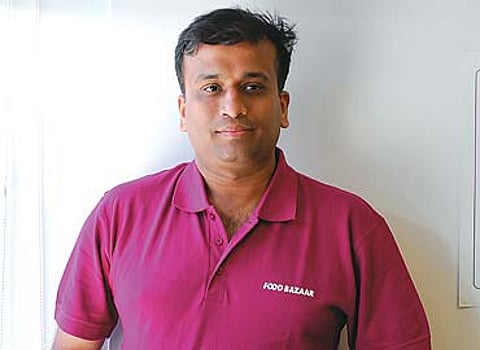
"An MBA had to be aggressive and an extrovert, and I was neither."
"Without it, I’d never have been able to shed the baggage of my middle-class upbringing and get used to unabashed consumption through retail," he says, adding that B-school gives an individual a natural passport of confidence. Nayak first joined Asian Paints, where he got a sense of the booming economy. Then, he had a six-year stint at HUL, where he got a taste of the competitive spirit of the regional players. Despite his apprehensions about getting into retail, he felt the need for change. As long as the customer remains unpredictable, he says, retail will be interesting.
By Arti Sharma
Executive Director, Hindustan Unilever Ltd
XLRI, Jamshedpur, 1992
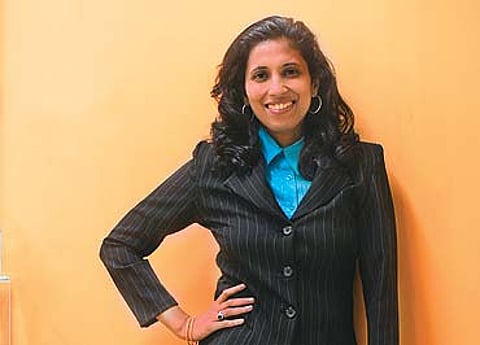
"We were always taught never to take things for granted."
Knowing she was good at leading and dealing with people, Nair applied to XLRI despite opposition from the family. She remembers optimism about reforms in B-school, although "the reality of the change was much slower than anticipated". At HUL, they were often "thrown in at the deep end" to figure out if they could sink or swim. One of the key challenges she has faced is reversing HUL’s perception at campus placements. After five years, hul is back to being voted a Day Zero company.
By Arti Sharma
Tags